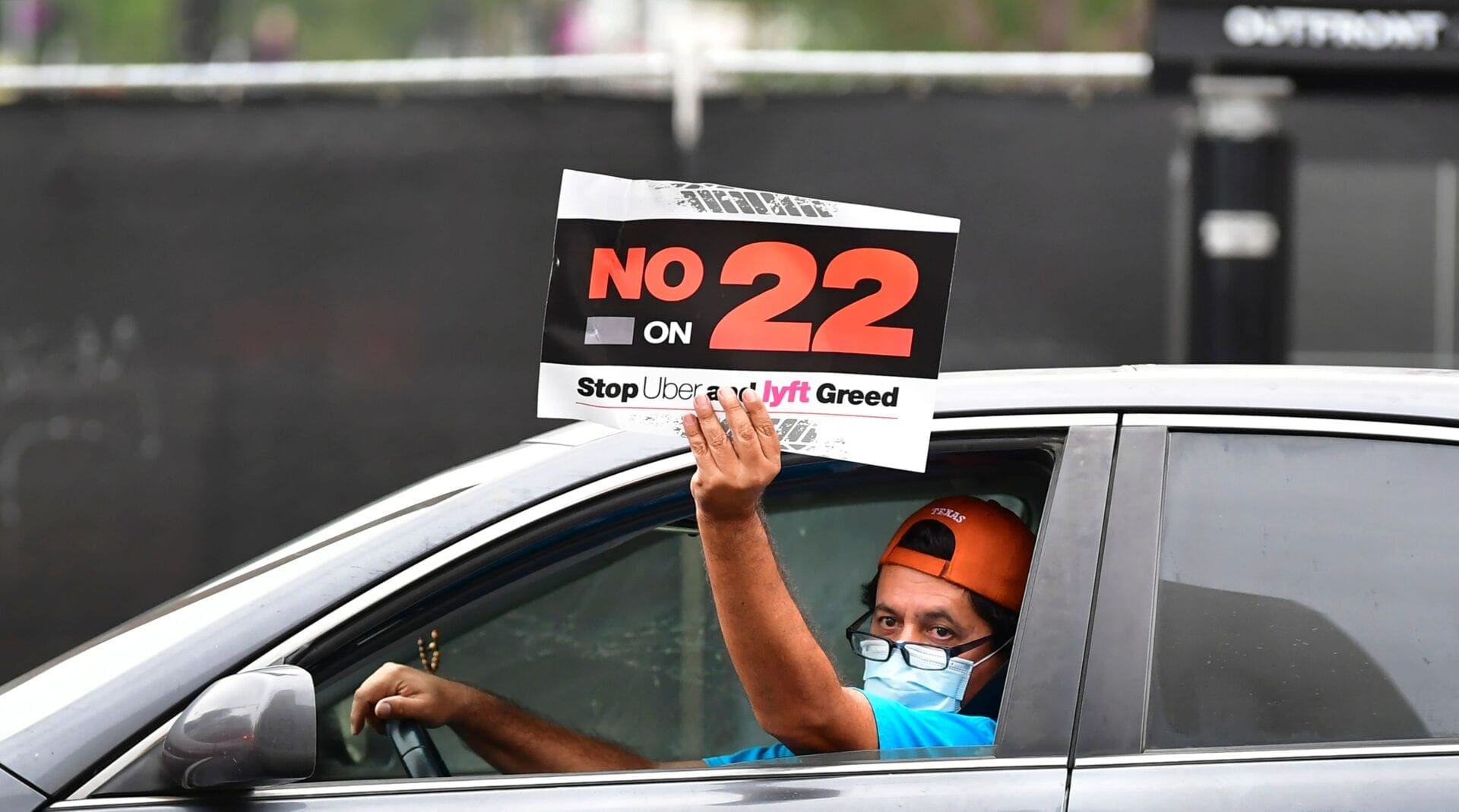Prop 22, a ballot initiative that was approved by a majority of voters in California in the US general election on November 3, 2020, permits companies to continue treating “app-based ride-share and delivery drivers” as independent contractors rather than employees, who are entitled to critical wage and labor protections under state law. Five large gig companies spent over US$200 million to pass Prop 22, the largest amount ever spent on a ballot initiative campaign in California.
“Prop 22 threatens to create a permanent underclass of workers in California forced to endure poverty wages and substandard working conditions with little recourse,” said Amos Toh, senior artificial intelligence and human rights researcher at Human Rights Watch. “The fight now is to stop this dangerous effort to normalize worker exploitation from spreading across the United States and around the world.”
“No one working for app-based companies should ever have to wonder if they will be at risk of hunger or poverty while working for companies that strip workers of vital protections”, said Michael Kleinman the director of the Silicon Valley Initiative at Amnesty International USA.
Under the United Nations Guiding Principles on Business and Human Rights, business enterprises have a responsibility to “[a]void causing or contributing to adverse human rights impacts through their own activities.”
Gig companies should bring their wage and labor policies and practices in line with international human rights and labor standards, Human Rights Watch and Amnesty International said. The governments of California and the United States should also protect the rights of gig workers through legislative and regulatory action that would ensure a living wage, paid sick and family leave, and workers’ compensation for illness and injury.
“Prop 22 is a huge blow for the rights of app-based workers in California, but must spur greater efforts to protect labor rights in the gig economy in the US and globally,” said Joe Westby, researcher and adviser on technology and human rights at Amnesty International. “App-based companies must ensure that their business model does not rely on undercutting the labor rights of their workforce.”

